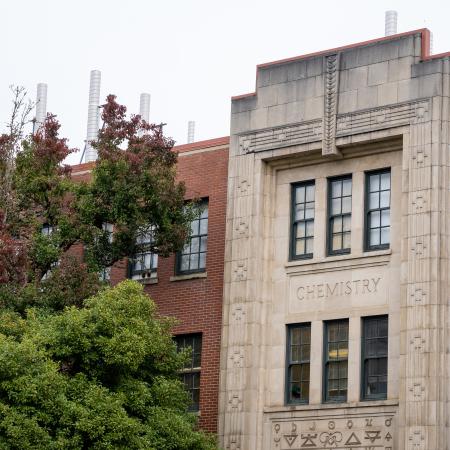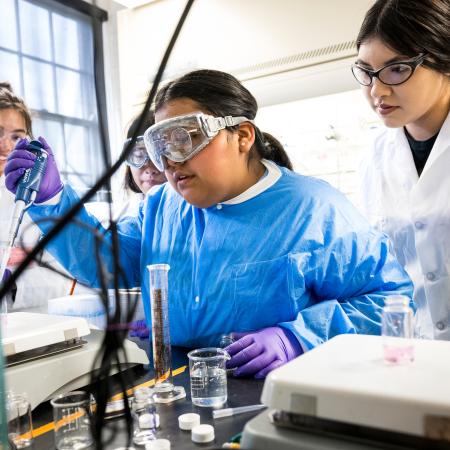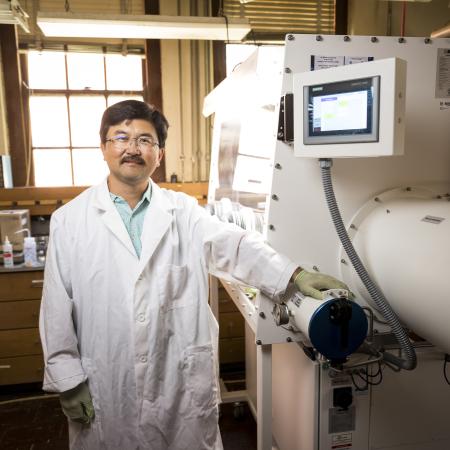Additional information
Career supportive electives (CSE)
The 12 credits of CSE courses are to be approved by the student's academic adviser by the end of the winter quarter of the junior year. The student should submit a formal list to the adviser by email.
- These courses must include at least 3 credits of an upper-division lab course.
- The other 9 credits can be a lab or lecture course. A course is considered a lab course if the primary emphasis of the course is the laboratory experience and the majority of time in the course is devoted to the laboratory. (A 4-credit course with three lectures a week and one lab a week is not considered a lab course.)
- Undergraduate research or undergraduate thesis (CH 401 or CH 403 or the corresponding courses in other departments) are strongly recommended. These courses can be used for part or all of the CSE and provide the student with valuable experience that is especially important for continuing education in graduate school.
- CH 374 is a synthesis course and not considered a career-supportive elective.
Generally, CSE courses are upper-division (UD) courses in chemistry, science or related areas including engineering, oceanography and agricultural science that are not specified for the chemistry core or the advanced chemistry option. Courses to consider include upper-division courses that are identified for other options.
- Other than CH 401 or CH 403, recommended courses also include other UD undergraduate chemistry courses (not used for the chemistry core or the advanced chemistry option), graduate chemistry courses, biochemistry (not used for the advanced chemistry option), physics, mathematics (not used for the chemistry core) and statistics.
Chemistry Internship (CH 410) may be used for three credits of CSE as described on the internship page under the topic of Grading and Credits.
Also see policies for other information including external research.
Major courses
Mathematics
MTH 253 or MTH 264 & 265 is a required course for the advanced chemistry option. You will usually find that MTH 264 & 265 is offered more terms and at better times.
Biochemistry
If BB 490 and BB 491 (6 credits) are used to fulfill the biochemistry requirement instead of BB 450, two of the credits count toward CSE credits.
Biology
BI 314 is not required but is recommended as an elective before taking BB 490 and counts as a career supportive elective.



